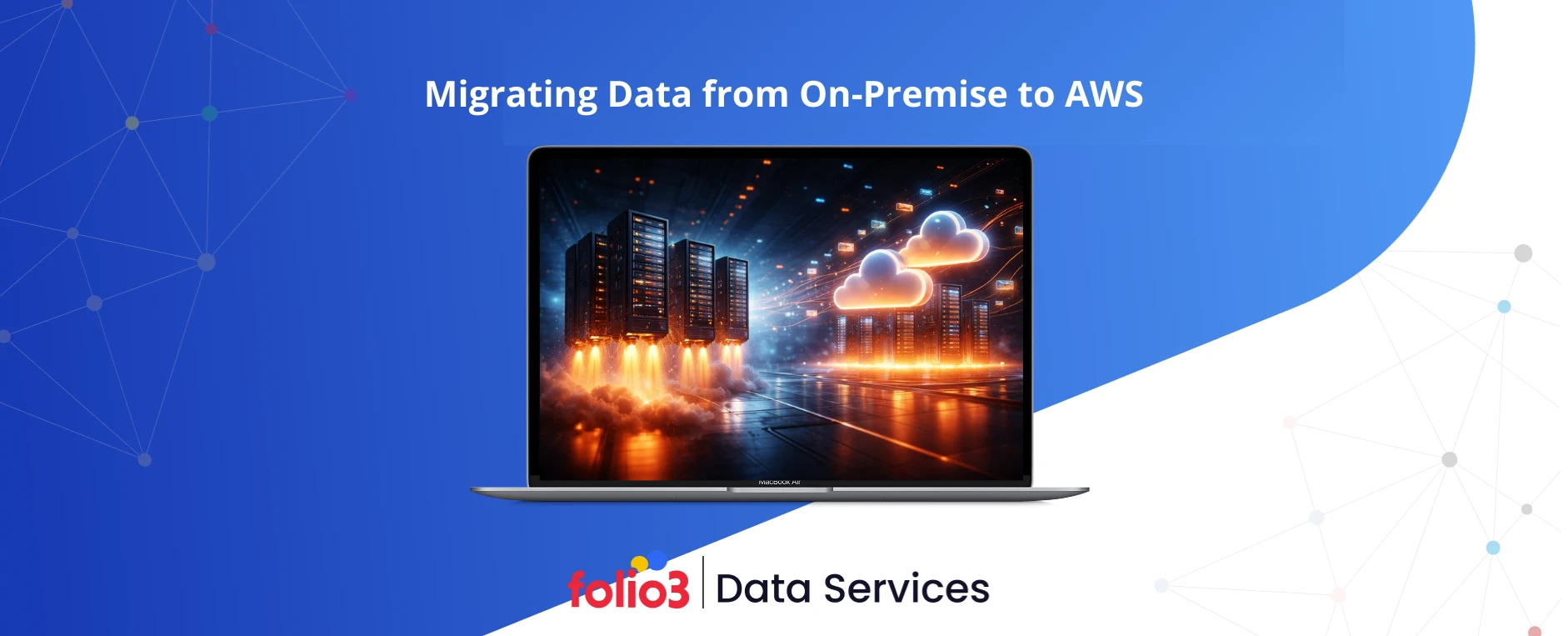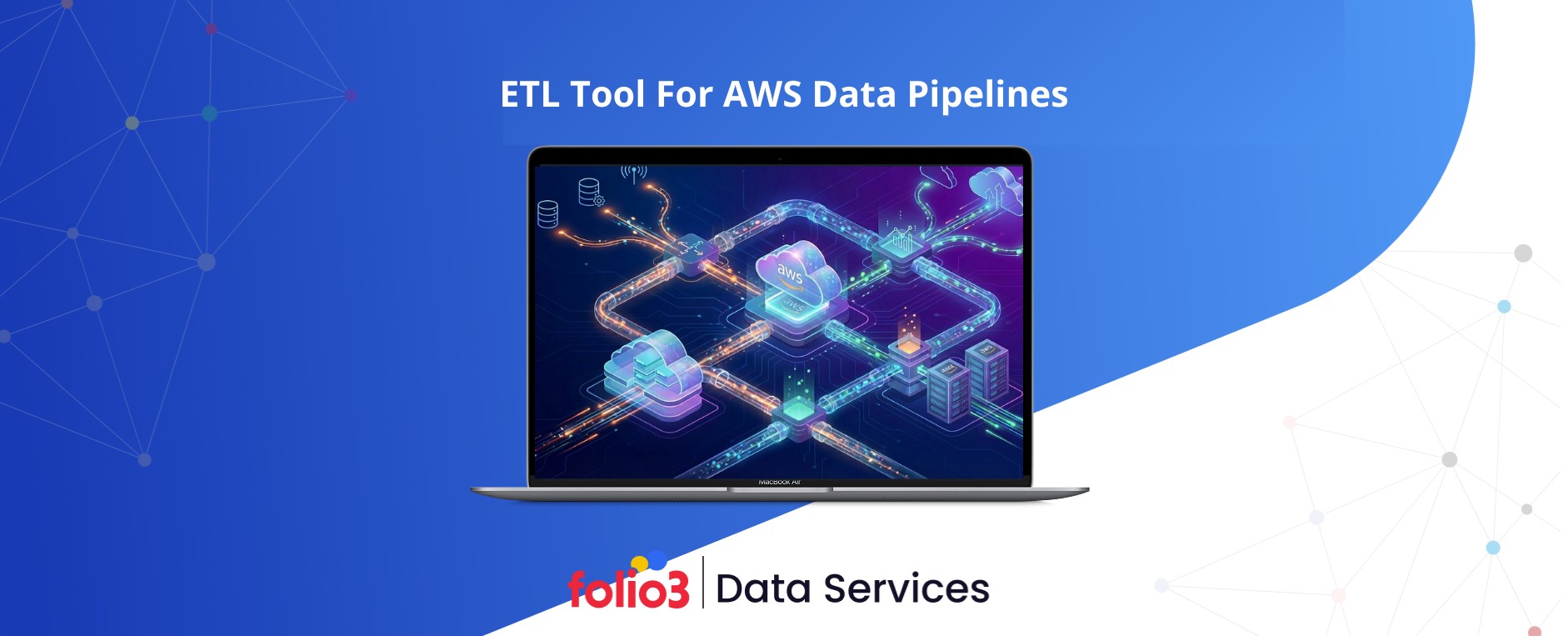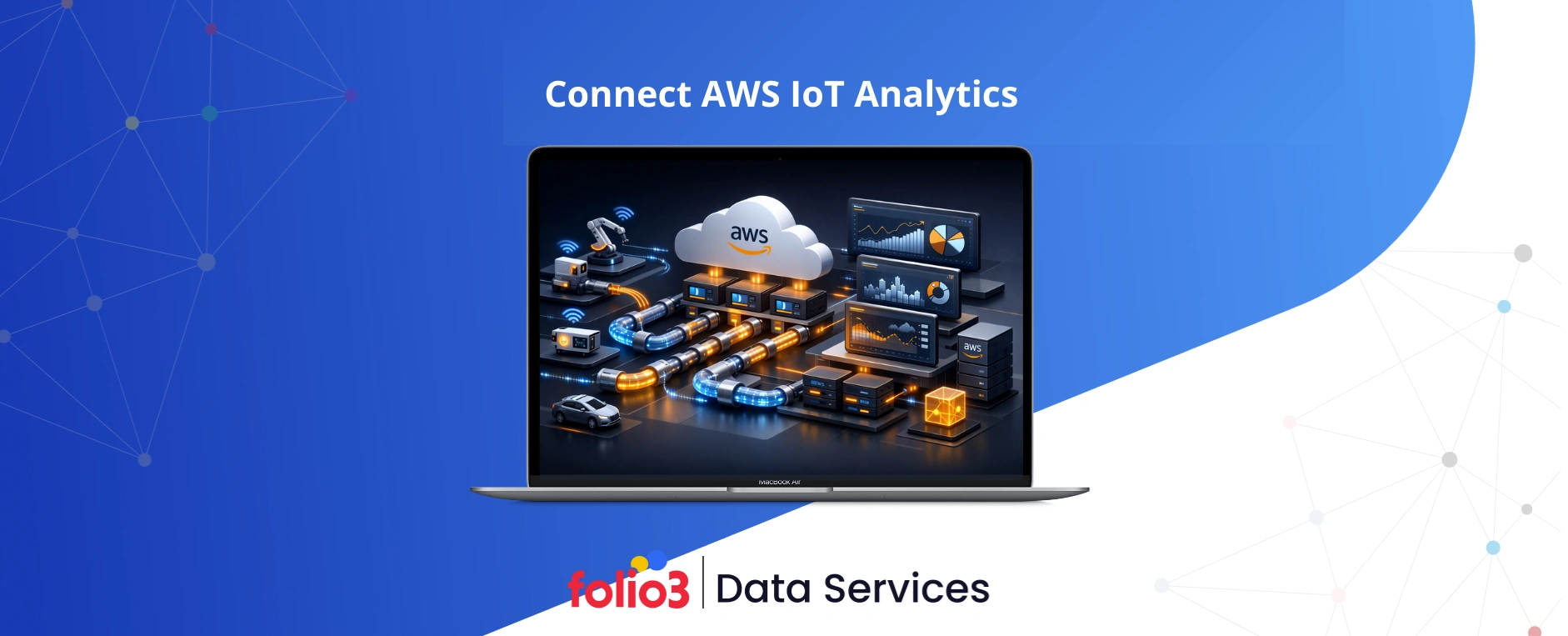Business Intelligence (BI) refers to the technologies, processes, and practices that collect, integrate, analyze, and present business information. BI aims to support better business decision-making by providing stakeholders with actionable insights derived from data analysis.
It involves a combination of software, tools, and methodologies designed to convert raw data into meaningful insights that drive business growth. By integrating data from multiple sources—such as sales reports, customer interactions, and operational metrics—BI provides a unified view of business performance, enabling leaders to make more accurate and timely decisions.
So, in an era where data-driven decision-making is paramount, BI has become essential for organizations aiming to maintain competitiveness and efficiency. However, without proper analysis, this data has untapped potential. BI empowers companies to use their data effectively, turning it into actionable insights that improve efficiency, enhance customer experiences, and drive revenue growth.
Research by Nucleus found that organizations investing in BI generate $13.01 for every dollar spent, proving its undeniable return on investment. The importance of BI extends beyond large enterprises; businesses of all sizes can benefit from its capabilities.
Small and medium-sized enterprises (SMEs) can use BI to identify cost-saving opportunities, streamline operations, and make data-backed strategic decisions. Meanwhile, large corporations use BI for advanced analytics, predictive modeling, and real-time reporting to gain a competitive edge.
This article explores eight key benefits of implementing BI in businesses of all sizes.
1. Enhanced Decision-Making
BI empowers organizations to make informed decisions by providing accurate, timely, and relevant data. By consolidating data from various sources into a coherent framework, BI tools—supported by data visualization services—enable decision-makers to analyze complex information quickly and effectively.
This leads to better strategic planning and resource allocation. For instance, companies utilizing BI have reported faster and more accurate reporting, analysis, and planning, directly contributing to improved business decisions.
2. Improved Operational Efficiency
Implementing BI systems streamlines business processes by automating routine tasks and reducing manual effort. This automation saves time and allows employees to focus on more strategic activities.
Furthermore, BI tools—often part of advanced data analytics services—provide insights into operational performance, helping organizations identify bottlenecks and areas for improvement. Improved operational efficiency reduces costs and enhances overall productivity.
3. Increased Competitive Advantage
In a competitive business industry, access to real-time data and predictive analytics services can be a game-changer. BI enables organizations to monitor market trends, track competitor performance, and identify new opportunities.
Companies can use these insights to develop strategies that differentiate them from competitors and better meet customer needs. Quickly adapting to market changes and making proactive decisions provides a significant competitive edge.
4. Better Customer Insights and Personalization
Understanding customer behavior and preferences is crucial for delivering personalized experiences. BI tools analyze customer data to uncover patterns and trends, enabling businesses to tailor their products, services, and marketing efforts to individual customer needs.
This personalization enhances customer satisfaction and loyalty, ultimately driving revenue growth. For example, companies implementing BI have seen improvements in customer satisfaction due to more targeted and effective marketing strategies.
5. Revenue Growth Opportunities
By providing insights into sales performance, market demand, and customer preferences, BI helps organizations identify new revenue streams and optimize existing ones. Companies can analyze which products or services perform well and allocate resources accordingly.
Additionally, BI can uncover cross-selling and up-selling opportunities, contributing to increased sales and profitability. Businesses using BI have reported increased revenues as a direct benefit of their BI initiatives.
6. Risk Management and Compliance
BI is critical in identifying and mitigating risks by providing comprehensive visibility into business operations. Through detailed reporting and analysis, organizations can monitor key risk indicators and ensure compliance with regulatory requirements.
By proactively addressing potential issues, companies can avoid legal penalties and safeguard their reputation. The ability to analyze historical data and predict future trends also aids in developing effective risk management strategies.
7. Collaboration and Data Culture
BI fosters a culture of collaboration and data-driven decision-making within organizations. By providing a centralized data access and analysis platform, employees across departments can work together more effectively, sharing insights and aligning strategies.
With integrated tools like AI enterprise search, users can quickly locate relevant reports, dashboards, and insights across vast data repositories, enhancing productivity and information accessibility. This collaborative approach ensures that decisions are based on a unified understanding of the data, leading to more cohesive and informed business strategies.
8. Scalability and Customization
Modern BI solutions are designed to scale with the growth of an organization and can be customized to meet specific business needs. Whether a company is a small startup or a large enterprise, BI tools can be tailored to handle increasing data volumes and complex analytical requirements. This scalability ensures businesses can continue to derive value from their BI investments as they expand and evolve.
Conclusion
The benefits of business intelligence systems extend across industries, empowering businesses to make smarter decisions, improve operational efficiency, and gain a competitive advantage. Organizations can optimize processes, enhance customer insights, and drive revenue growth using business intelligence software benefits.
However, unlocking the full potential of business intelligence benefits requires the right expertise and technology. This is where Folio3 Data Services can help. As a trusted partner in business intelligence solutions, Folio3 provides tailored BI implementation, advanced analytics, and data integration to help businesses turn raw data into strategic insights.





